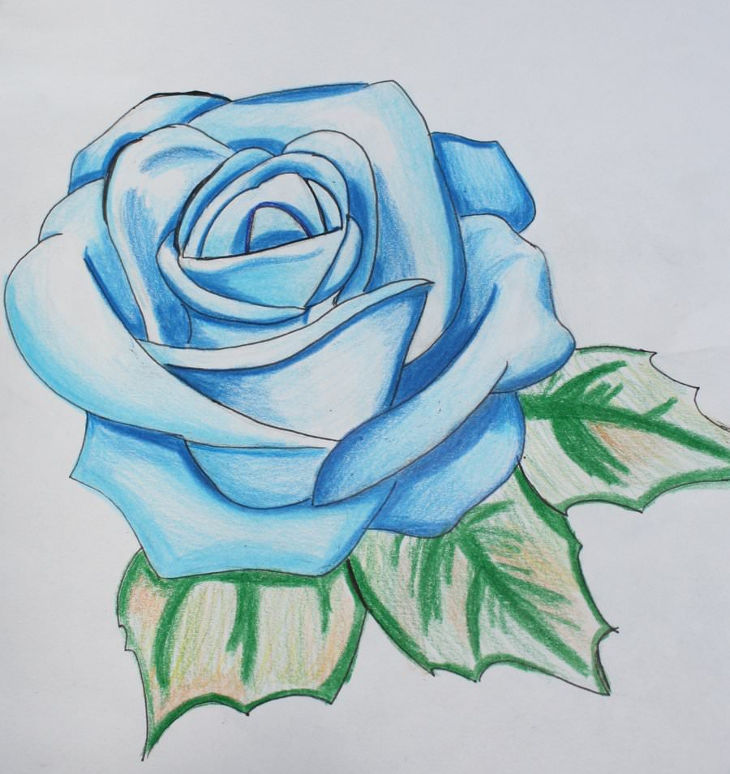
Introduction
Flowers are a beautiful and popular subject for artists to draw. The color blue adds a calming and serene element to any artwork. In this article, we will explore simple ways to draw flowers in blue, allowing you to create stunning and eye-catching pieces. Whether you are a beginner or an experienced artist, these techniques will help you bring your flower drawings to life.
Materials You Will Need
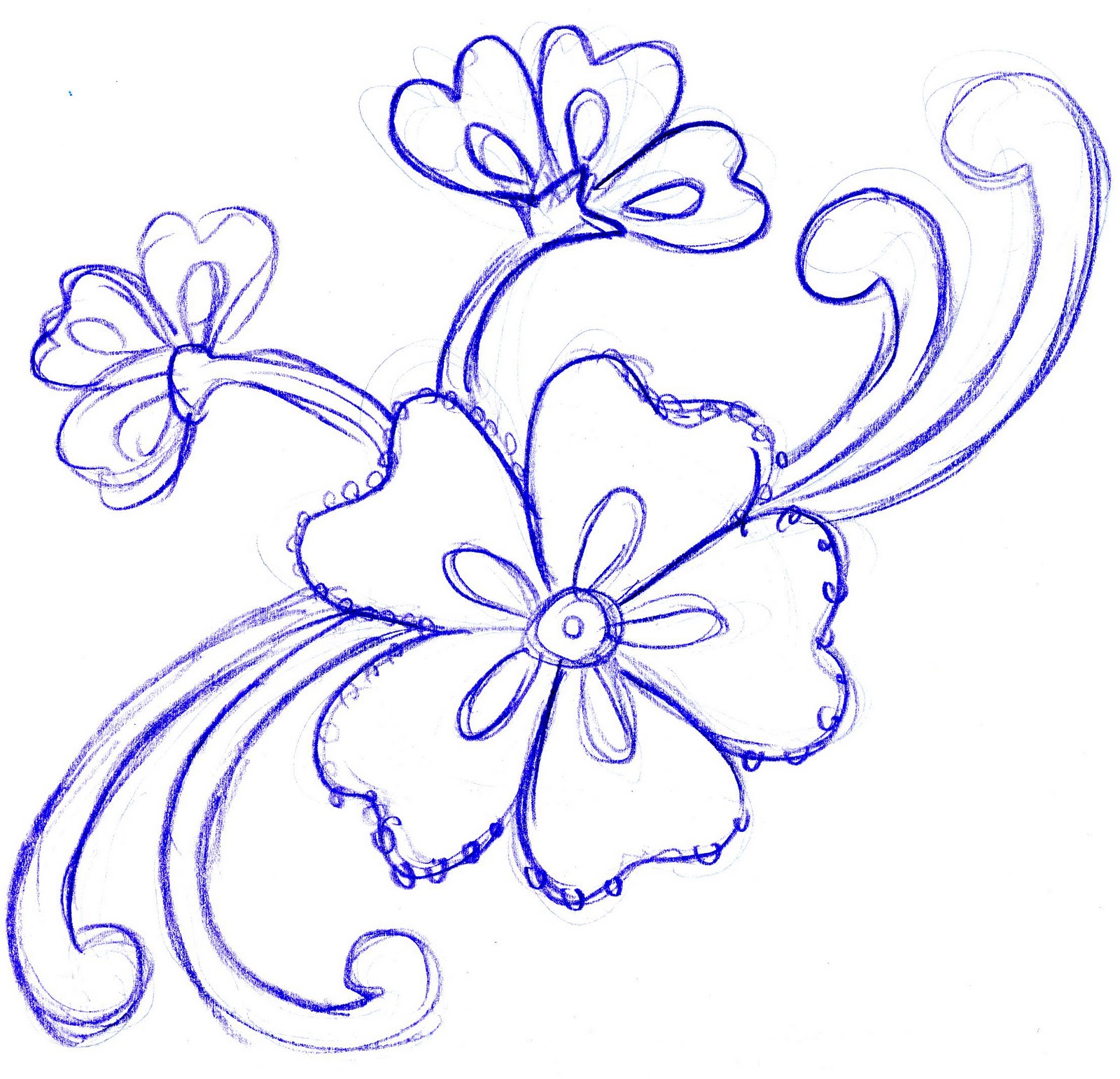
Before we start drawing, it's important to gather the necessary materials. To create simple blue flower drawings, you will need:
- Sketching paper or a drawing pad
- Pencils in various shades of blue
- A good quality eraser
- A set of fine-tipped markers
- A blending stump or cotton swabs
Choosing the Right Blue
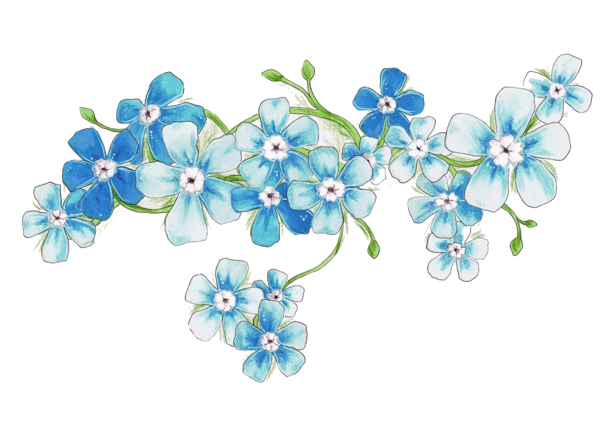
When drawing flowers in blue, it's important to choose the right shades of blue. Consider the type of flower you want to draw and its natural color. Light blue shades work well for delicate flowers, while darker blues create a bolder and more dramatic effect. Experiment with different shades to find the perfect blue for your drawing.
Sketching the Outline

Start by lightly sketching the outline of your flower using a pencil. Keep the lines loose and gentle, as you will be refining them later. Focus on capturing the basic shape and structure of the flower. Don't worry about adding details at this stage.
Adding Petal Details

Once you have the basic outline, start adding details to the petals. Look closely at the reference image or a real flower for guidance. Use your pencil to lightly sketch the curves and shapes of each petal. Remember to vary the sizes and angles of the petals to create a realistic and dynamic look.
Shading with Blue Pencils

Now it's time to add depth and dimension to your flower drawing by shading with blue pencils. Start with the lighter shades and gradually build up to darker ones. Use gentle strokes and pay attention to areas where shadows would naturally form, such as the curves and creases of the petals. Blend the shades together using a blending stump or cotton swabs for a smooth transition.
Creating Highlights
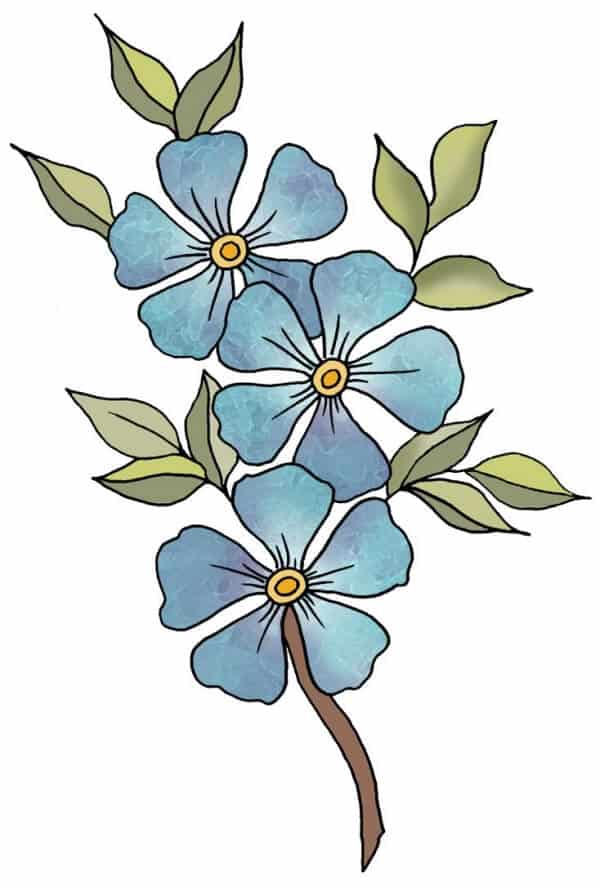
To make your blue flower drawing truly stand out, add highlights to create contrast. Use an eraser to gently lighten areas where light would hit the petals, such as the edges or the center. This will give your drawing a three-dimensional appearance and make it more visually appealing.
Adding Details and Texture
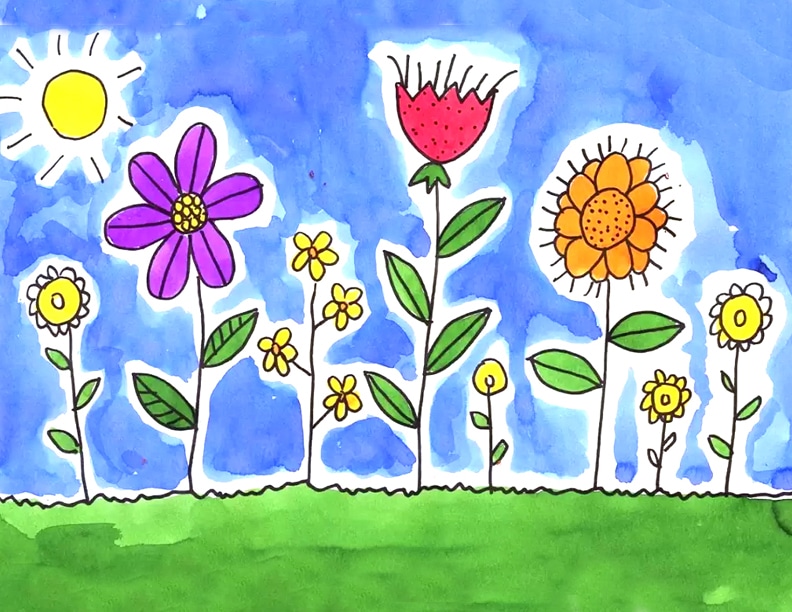
Now that you have the basic structure and shading, it's time to add finer details and texture to your flower drawing. Use a fine-tipped marker or pen to outline and define the edges of the petals. Add small lines or dots to indicate texture or patterns on the petals. Be careful not to overdo it ??? simplicity often creates a more elegant and pleasing effect.
Background and Composition

Consider the background and composition of your drawing. A solid color background can make your blue flowers pop, while a subtle gradient or a hint of other colors can add depth and interest. Experiment with different options to find the one that complements your blue flower drawing the best.
Final Touches and Sign Your Artwork

Take a step back and assess your drawing. Make any final touches or adjustments as needed. Once you are satisfied with your blue flower drawing, don't forget to sign your artwork. Adding your signature adds a personal touch and acknowledges your creative effort.
Conclusion
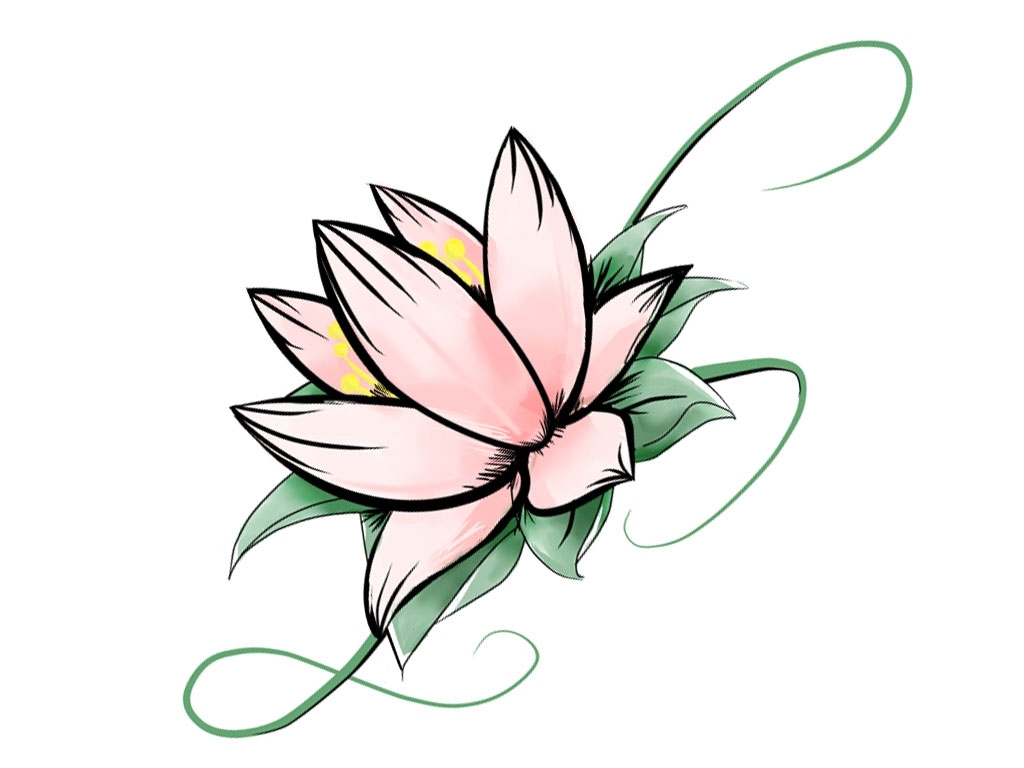
Drawing flowers in simple blue can be a delightful and relaxing artistic endeavor. By following the techniques outlined in this article, you can create beautiful and captivating flower drawings that will catch the eye and bring joy to both you and your audience. So grab your materials, find inspiration in nature, and let your creativity blossom!